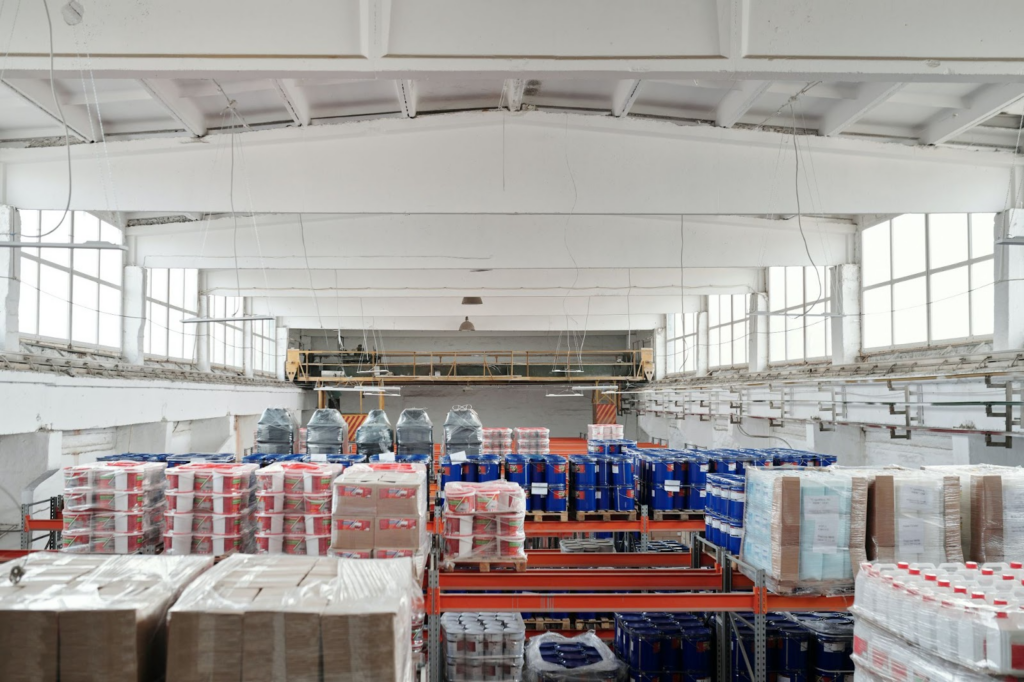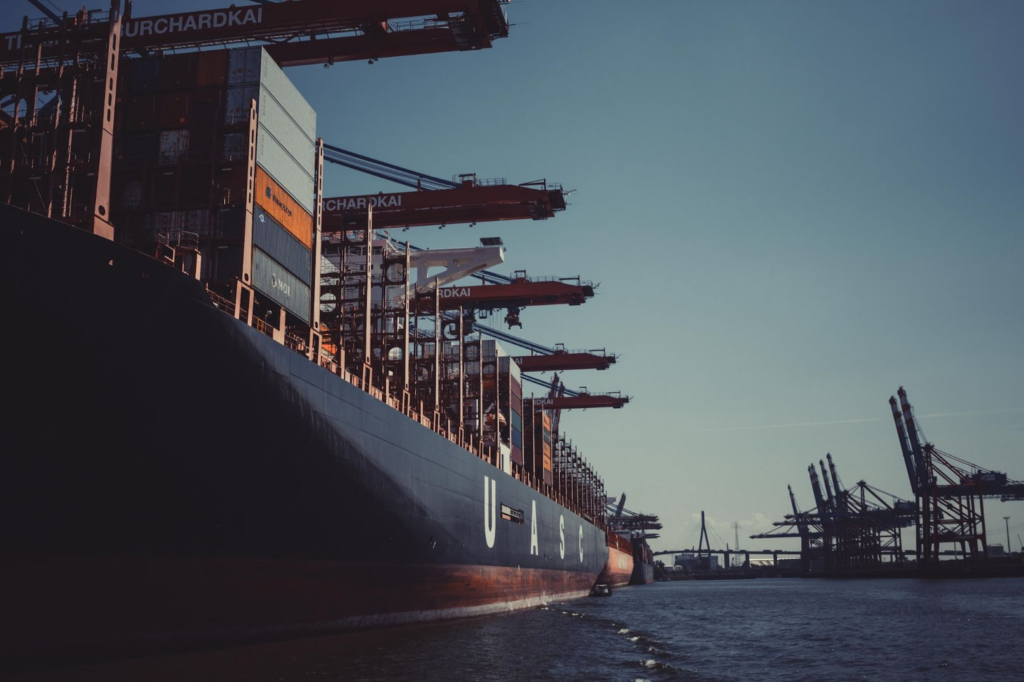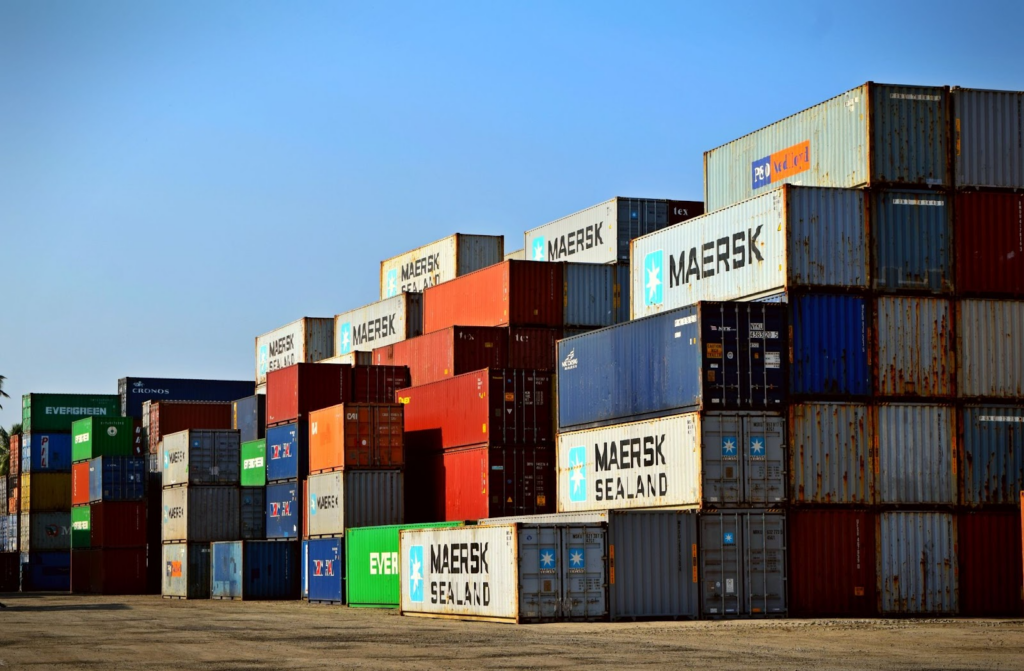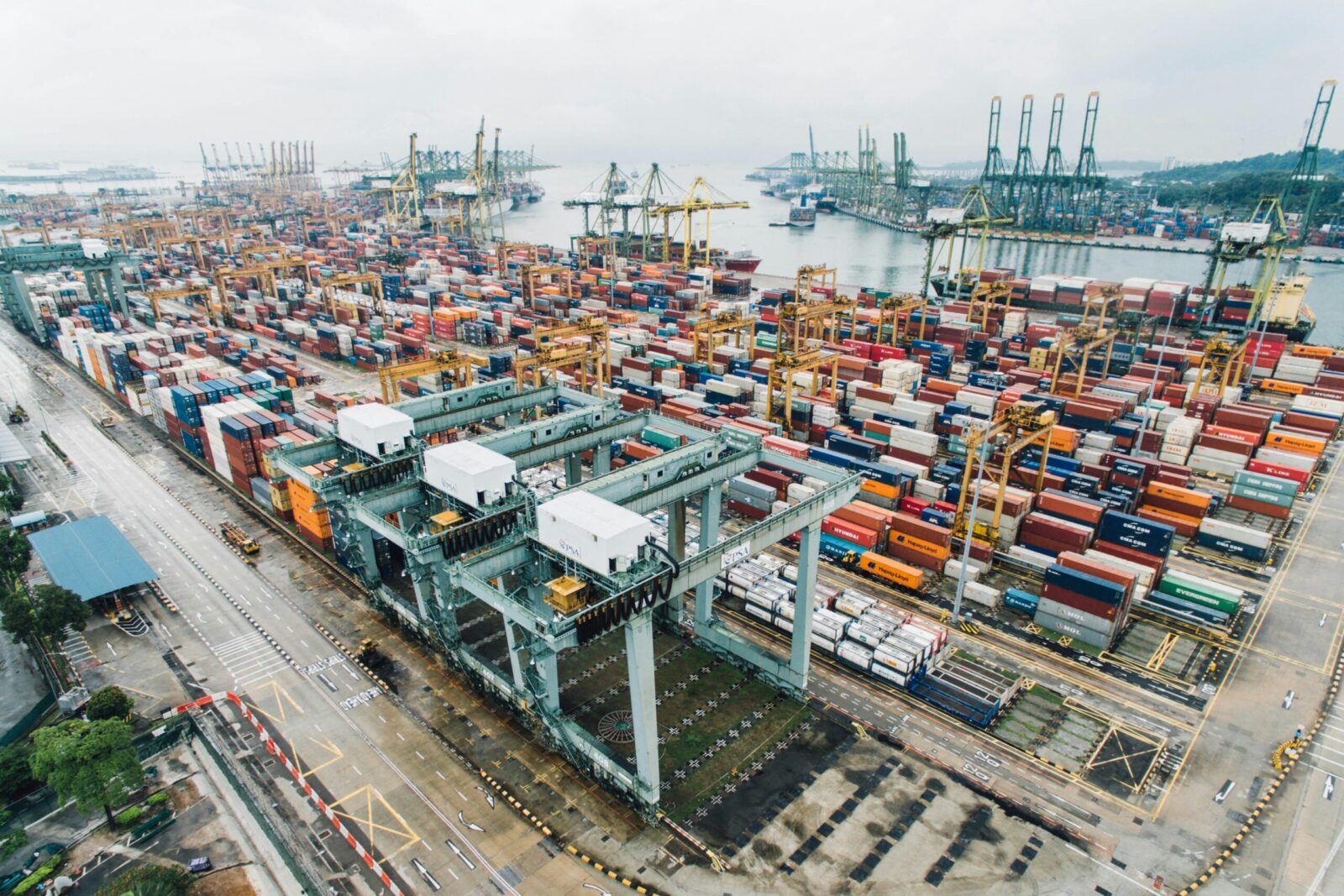
Supply Chain Management: 10 Trends Shaping Its Future
Introduction Rapid technical breakthroughs and changing market conditions are shaping supply chain management. Businesses must adapt to these changes to...


Get 20€ off on your first order!
The everyday operations of any business heavily rely on the effective functioning of logistics and supply chain management.
These two elements, each with their unique contributions, work in unison to ensure consistent and efficient deliveries of goods and services from inception to end-user.
It’s common for people to confuse these two areas, but recognizing their distinct roles can give a business a competitive advantage.
In this article, we will explore the key differences between logistics and supply chain management and walk you through the reasons why they are important for your business.

At its core, logistics is the art and science of planning, enacting, and controlling the efficient flow and storage of goods, services, and the information associated with them, from the point of origin to the point of consumption.
Essentially, logistics can be visualised as the cogwheels that manage the physical journey of materials and products within a company’s supply chain.
Logistics is commonly divided into two primary components: inbound logistics and outbound logistics. For instance, consider the journey of raw materials into a coffee factory. From transportation to warehousing and inventory management, inbound logistics supervises all activities involved in procuring these raw materials, transforming them into actual products. Outbound logistics, on the other hand, coordinates the distribution of this finished coffee to consumers, thereby completing the logistic flow.

Contrasting logistics, supply chain management paints a broader picture encompassing the entire network of external partners involved in delivering a product or service to the end customer.
In other words, supply chain management synchronises all activities, including procurement, production, inventory management, demand planning, and customer service, and creates a seamless flow from the source to the customer.
For instance, we can consider an electronics manufacturing company that oversees a complex and vast network, producing different components in diverse parts of the world. The supply chain management team ensures the efficient integration of these varied parts from a multitude of suppliers, culminating in the final assembly of electronic products and subsequent delivery to the consumer.
Inbound logistics is an integral segment within the supply chain and logistics management domain. Its function is central to maintaining the smooth flow of raw materials and other inputs from suppliers to production facilities. In essence, inbound logistics constitutes all the processes and activities associated with bringing in materials, handling, storing, and distributing them within the limits of the organisation.
One key aspect where inbound logistics shows its significant role is cost reduction. First, by sourcing and procuring raw materials and/or supplies strategically, businesses can negotiate better prices and terms with suppliers. Second, effective management of inbound logistics allows for improved inventory control. By avoiding unnecessary overstocking, companies can reduce storage costs and minimise waste from unused or outdated stock.
Additionally, inbound logistics contributes significantly to boosting production efficiency. An optimised inbound logistics process ensures that the necessary raw materials, components, and supplies are available precisely when they are needed, thereby reducing downtime in production and enhancing overall operational efficiency.
Inbound logistics also plays a key role in meeting customer demand. By ensuring a steady and timely flow of materials and goods, it enables companies to respond effectively to fluctuations in demand. This agility not only serves to satisfy customers but also prevents the accumulation of surplus inventory, further reducing costs and waste.
Logistics management navigates the sea of supply chain activities, encompassing transportation management, inventory management, materials handling, and order fulfilment. Effectiveness in logistics management facilitates cost reduction, customer service improvement, and operational efficiency enhancement.
Picture an e-commerce business, which is a paradigm of effective logistics management. Within its vast operations, the business must embrace the advent of technology to refine and revolutionise its logistics processes. By automating warehouse and yard management operations, the e-commerce will efficiently manage its extensive inventory and accelerates order fulfilment, reducing the potential for human error and boosting the speed of processing orders.
Furthermore, an e-commerce can strategically utilise cutting-edge algorithms to optimise delivery routes. This clever move not only trims down transportation costs but also guarantees speedy and precise delivery of orders to customers around the globe.
While this is quite a general example, it aptly demonstrates the broader significance of leveraging technology in logistics management. Such strategic integration can drive operational efficiency, minimise costs, and heighten customer satisfaction, underlining the transformative impact of efficient logistics management in the business arena.
Without a doubt, supply chain management and logistics function as twin pillars.
They work synergistically to streamline the flow of goods and services, bringing with them a host of benefits including cost reduction, superior customer service, and a tangible competitive edge. The success stories of numerous global businesses are a testament to the effectiveness of these strategies.
Effective supply chain management oversees and coordinates the various stages of a product’s lifecycle, from procurement and production to distribution. In parallel, efficient logistics ensures that this process runs smoothly, managing the actual movement of goods within the supply chain.
Both elements are vital for reducing costs—by streamlining operations and avoiding inefficiencies, businesses can save significant resources.

Apart from operational efficiency, astute logistics and supply chain management also aid in mitigating environmental impact. By adopting sustainable practices like optimising transportation routes, reducing waste, and using environmentally-friendly materials, businesses can significantly lessen their carbon footprint. This is not just beneficial for the environment, but it also resonates with increasingly eco-conscious consumers.
Logistics and supply chain management are two intertwined yet distinct concepts that form the backbone of efficient business operations.
Logistics primarily focuses on the internal movement of goods, from inbound logistics that handle the intake of raw materials, to outbound logistics ensuring the product reaches the consumer. On the other hand, supply chain management takes a bird’s eye view, overseeing all activities required to manage the product’s journey from creation to consumption.
Understanding the symbiosis between logistics and supply chain management is vital for businesses seeking to streamline their operations and sustain their competitiveness. Through efficient collaboration and coordination, companies can not only optimise their business processes but also provide superior customer satisfaction and contribute to a sustainable future.
Thank you! You've signed up for our newsletter.



















Introduction Rapid technical breakthroughs and changing market conditions are shaping supply chain management. Businesses must adapt to these changes to...

Introduction Today’s complex and turbulent business environment requires effective supply chain risk management. As global supply networks become more intertwined,...

Lean logistics applies lean management to supply chain performance. Lean Logistics eliminates non-value-added procedures to improve commodity flow and cut...

Introduction Rapid technical breakthroughs and changing market conditions are shaping supply chain management. Businesses must adapt to these changes to...

Introduction Today’s complex and turbulent business environment requires effective supply chain risk management. As global supply networks become more intertwined,...

Lean logistics applies lean management to supply chain performance. Lean Logistics eliminates non-value-added procedures to improve commodity flow and cut...
Get 10€ off on your first order!
Save 30% by buying directly from brands, and get an extra 10€ off orders over €100
Save 30% by buying directly form brands, and get an extra 10€ off orders over €100